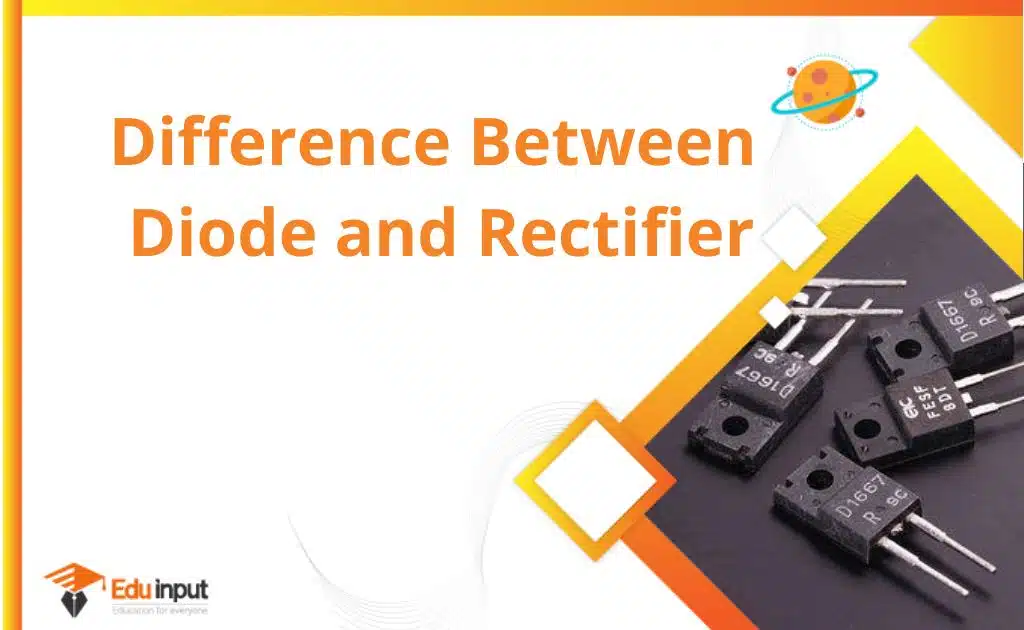Difference Between Noise And Signal
The difference Between Noise and Signal is the information that you are trying to detect is called signal and the noise is a variation of the signal that doesn’t match the signal. To communicate ideas and information, sound and light must be modified or filtered to create noise.
What is Noise?
Noise is a term that refers to any unwanted material that a machine produces. Engineers, scientists, and musicians have all found ways to make use of noise. Noise is one of the many aspects of the natural world that we’ve learned to live with. Without the many innovations that have come from understanding noise, the world would be a much quieter place.
The first scientific paper on the subject of noise was published in 1855 by Emmanuel Baudin. He coined the term ‘noise’ and referenced it as an interference phenomenon when he first started studying acoustics. The scientists who first studied noise came up with many creative ways of dealing with the problem.
For example, Baudin used a bell to measure the amount of noise produced by a steam engine. He later switched gears and performed research on how to suppress noise in machinery; this led to him coming up with an anti-noise device for machinery. Over time, these different approaches were applied to other areas of science and technology- leading to many new creations and discoveries.
Today, engineers work on noise from the ground up when designing new devices and applications. They look for ways to reduce or eliminate unwanted sound in order hand-shaking devices. This includes reducing the weight of a device or incorporating soundproofing materials into one’s workspace environment.
Another way engineers have learned to cope with noise is by wearing ear protection whenever they work with machinery or tools. Many technological advancements are based on devices that find, stop or reduce noise- such as hearing aids or microphones in amplifiers and speakers.
Electronic signals have changed how people interact with each other; however, there is still room for improvement in the area of noise control. Physical noise is anything that causes interference in an electronic signal- such as wind or water. In addition, electrical noise occurs when interference comes from electrical current in the air or from electrical equipment such as fluorescent lamps or transformers.
In some cases, shielding the equipment from electromagnetic noise helps reduce the effects of this type of interference. Although shielding can help, it’s best to avoid creating noise in the first place by keeping equipment running smoothly or using shielded power cords for your electronics.
What is a Signal?
A signal can be made up of movements, actions, motion, and sound. The sound meaning of a signal is what we look for in this case. A signal is an electrical field or electric current that is used to convey data from one point to another.
It’s defined as a function used to convey information about the attributes or behavior of a phenomenon when it comes to deeper communication systems, electrical engineering, and signal processing. Any observable change in any quantifiable entity can be taken to mean that.
Difference Between Noise and Signal
It’s important to understand that there’s a difference between noise and signal problems. A noise problem occurs when something unwanted interferes with electronic communication- whether it’s sound, light, or both.
A signal problem occurs when trying to send information creates an unknown background noise so people can’t hear your message. For example, if you were speaking on a cell phone in a noisy restaurant, everyone around you would hear your conversation while they listened to their phones at the same time.
That’s why a noise problem can make it difficult to hear someone speaking on a cell phone. In that case, everyone needs to be aware of their surroundings when speaking on a cell phone so people around them won’t hear their conversations anyway.
There is some difference between noise and signal.
| Signal | Noise |
|---|---|
| The signal is any electromagnetic field or electric current that is used to send data from one point to another | Noise is unwanted sound that is overloud and disruptive to hearing |
| The signal is the wanted part | Noise is the unwanted part that should be eliminated |
| A signal is an original sound | Noise is a sound added to the original signal |
| There are two types of signal digital signal analog signal | There are many types of noise like Continuous noise Intermittent noise Impulsive noise |
Frequently Asked Questions(FAQs)
What is the difference between signal value and noise value?
A signal is a temporal or spatial variable that carries some information, while noise is a detrimental effect on a signal that reduces the visibility of that information. The signal-to-noise ratio (S/N) is a parameter widely used to measure signal quality. The higher the signal-to-noise ratio, the better the signal quality.
What is noise in a signal?
The noise is any unwanted interference that degrades the signal.
What are the 3 types of noise?
Continuous noise
Intermittent noise
Impulsive noise
How many types of signals?
There are two types of signal
Digital signal
Analog signal
What is the difference between noise and signal?
Noise is anything that causes interference. For example, a radio that is too loud could be considered noise. A signal is the opposite of noise. A signal is anything that is received. A radio that is tuned to the right frequency is a signal.






Leave a Reply